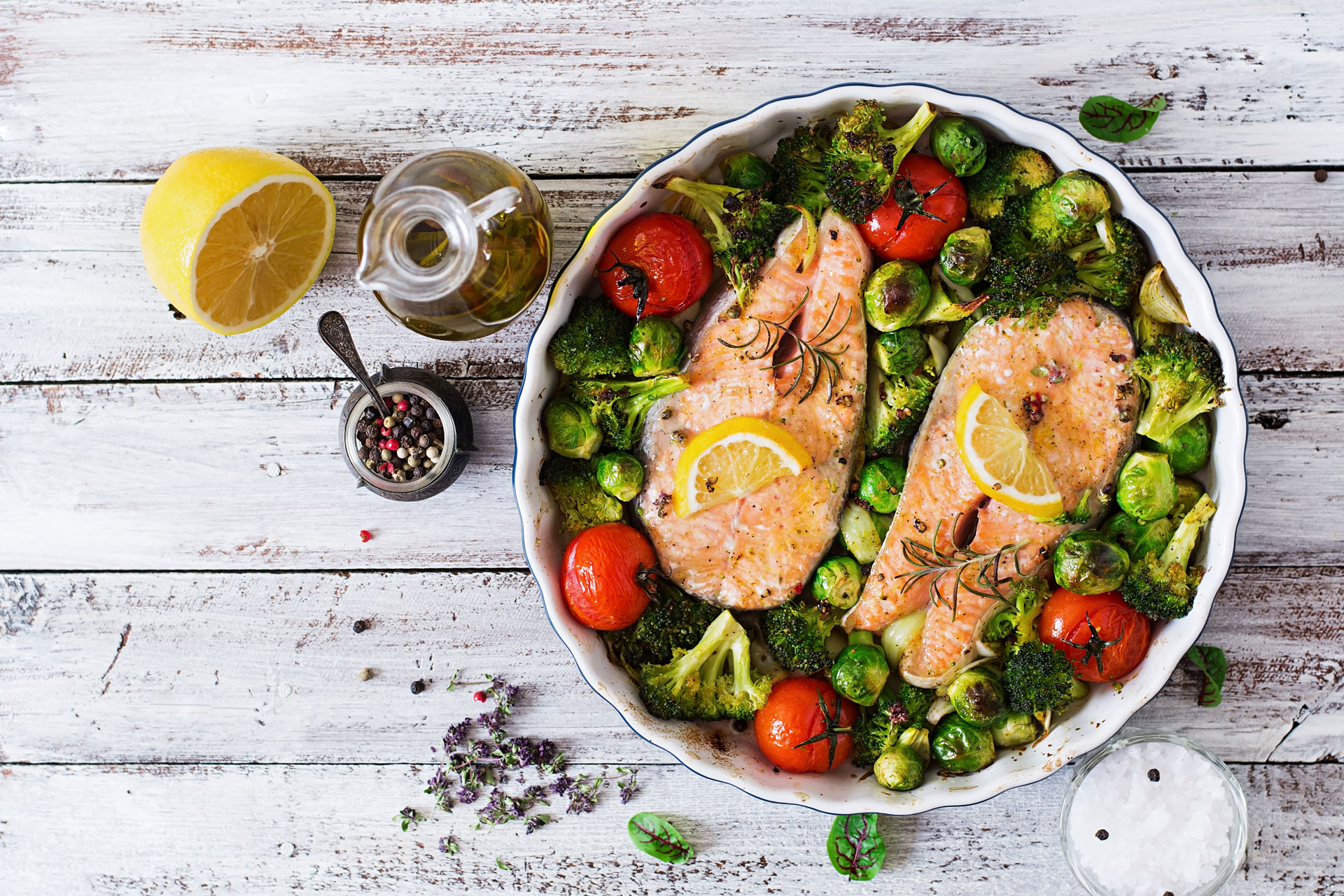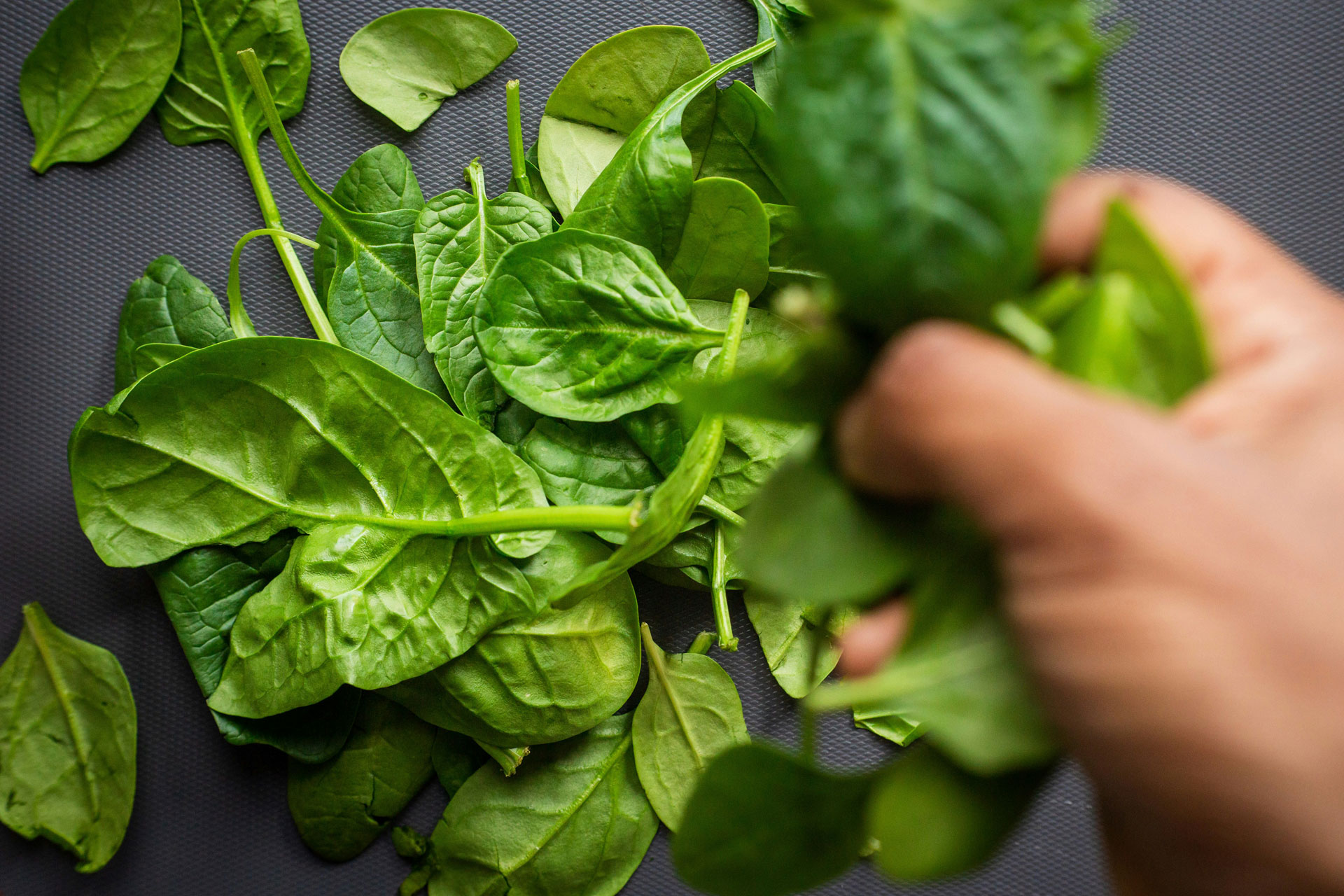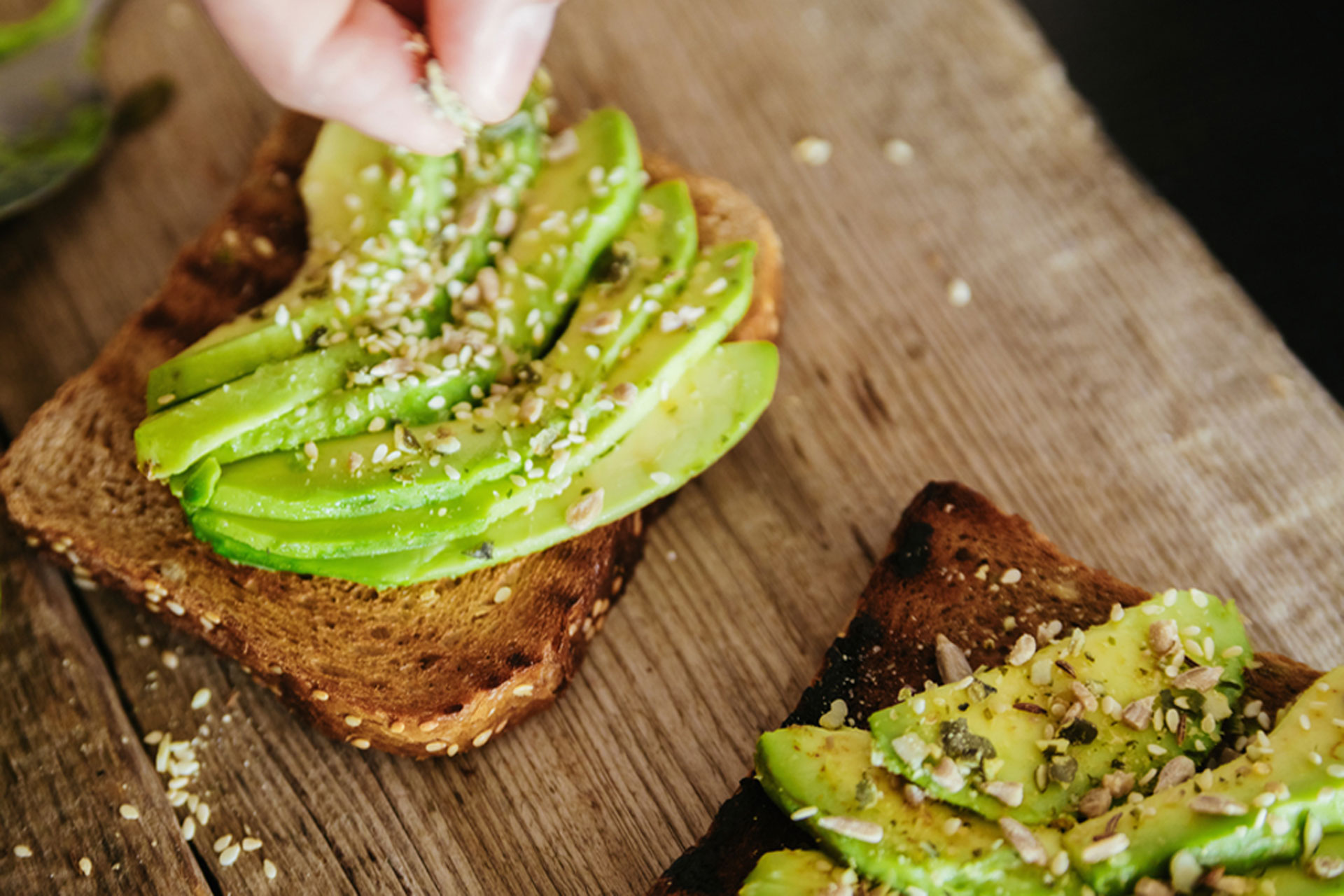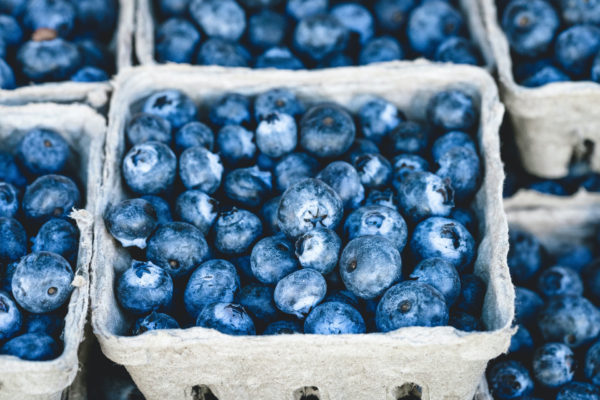Which Foods Boost Heart Health?
By
2 years ago
How to keep your heart happy through your diet

We all know how important exercise is for heart health – but what we put on our plate also has a huge impact. Eating a balanced diet which includes plenty of fruits, vegetables, whole grains and healthy fats, and reducing your intake of ultra-processed foods, can significantly help lower your risk of heart disease.
‘Eating a balanced diet is crucial for maintaining a healthy heart,’ says nutritionist Jenny Wise, from recipe box delivery service Green Chef. ‘It’s no secret that the food you eat can have an impact on your overall health, but it can also impact your blood pressure and cholesterol levels. By incorporating heart-healthy foods into your everyday meals, not only can you boost your overall health and wellbeing, but also support your heart health.’ So which foods should we be incorporating into our diet to protect our vital organ?
Heart-Healthy Foods To Add To Your Diet

Unsplash
Leafy green vegetables
We all feel smug when our plate is piled high with green veggies, and for good reason: they’re crucial for good heart health. One study from Edith Cowan University found just a cup of leafy greens each day could help lower blood pressure and reduce our risk of heart disease. Wise recommends incorporating lots of vegetables like kale, spinach, cabbage and broccoli into our diet, whether we’re simply grilling them or blending them into smoothies and soups.
Healthy fats
It’s one of the biggest misconceptions in nutrition: the myth that fat makes you fat. In fact, monounsaturated and polyunsaturated fats (known as healthy fats) help maintain healthy cholesterol levels. Saturated and trans fats, on the other hand (think fried foods, processed meats, biscuits and cakes) raise your bad cholesterol levels, which can increase your risk of heart attacks.
Healthy fats are found in foods like salmon, avocado, olive oil and walnuts – all of which can help promote a healthy heart, when eaten in moderation. The NHS recommends eating at least two portions of fish each week, with one portion being an oily fish, in order to get enough omega-3 into our diet. Sources for vegetarians, meanwhile, include flaxseed, chia seeds, edamame and kidney beans.
Wise suggests: ‘Include fish in your diet by enjoying grilled or baked fillets a few times a week, and try incorporating a range of fish such as trout, and mackerel, which are rich in heart-healthy omega-3 fatty acids.’
Whole grains
A diet rich in whole grains is also beneficial for heart health. This study from the National Library of Medicine, for example, suggests higher intake of whole grain foods could help lower your risk of coronary heart disease. Whole grains differ from refined grains, such as white rice and white pasta, which have been modified from their natural composition, meaning they have less nutritional value and fibre.
Examples of whole grains include:
- Oats
- Brown rice
- Quinoa
- Freekeh
- Bulgur wheat
Which Foods Should You Limit For Heart Health?
‘If you’re looking for ways to boost your heart health through your diet, it’s vital to understand the foods which you should limit, or replace for healthier alternatives,’ says Wise. She advises limiting foods that are high in salt and saturated fat, including fatty cuts of meat, butter, cream and cheese.























